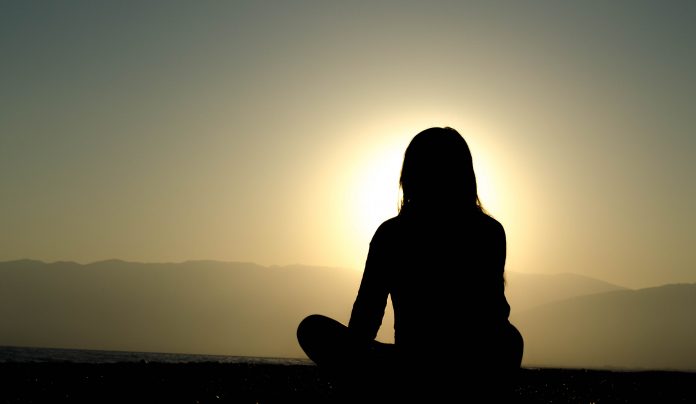Joe Biden won primaries in Michigan, Idaho, Mississippi, and Missouri last night and is now “marching to the Democratic presidential nomination,” as CNN reports. However, today’s news is dominated not by politics but by the escalating coronavirus epidemic.
Here’s an odd example: security personnel in Australia are guarding racks of toilet paper. An Australian newspaper even printed eight extra pages in a recent edition—emergency toilet paper, it explained. Retailers in the US and Canada have also begun limiting the number of toilet paper packs customers can buy in one trip.
Toilet paper doesn’t provide extra protection against coronavirus. It’s not typically a staple of impending emergencies. So, why the hoarding?
Psychologists explain that people resort to extremes in times of panic. Images of empty shelves cause us to think we need to rush out and buy what is selling out. It’s also natural to want to overprepare. And such preparations allow us to feel a sense of control over what feels like an uncontrollable crisis.
As one counselor says, hoarding toilet paper gives people “the feeling that they had done everything that they could.”
Toilet paper hoarding is not the only way people are attempting to gain control over this crisis.
The CDC tells us to wash our hands frequently, lathering soap on our hands for at least twenty seconds. To track the time, they suggest that we hum the “Happy Birthday” song twice. CNN has improved their advice with a list of songs from each decade we can sing while washing. It begins with “Jailhouse Rock” by Elvis Presley and concludes with “Truth Hurts” by Lizzo.
A group of elementary school students has created an automated disinfectant dispenser built from Legos. The robot dispenses alcohol disinfectant while a recorded voice shouts, “Washing hands is super.”
At the other end of the financial spectrum, the Bill & Melinda Gates Foundation joined with two other charities on Tuesday in pledging up to $125 million to help speed the development of treatments for the virus.
And an increasing number of people around the world are choosing to self-quarantine to protect themselves from others and others from themselves.
Such measures are ways to do what we can do. In the face of this epidemic, people feel that they are responsible for protecting themselves and those they care for.
Absent from the cultural narrative so far as I can tell, however, is a call to trust in a power greater than ourselves.
Self-reliance is an expression of the secularism of our day, which frees secular people from living under the authority of others but comes at a price: there are no authorities to which they can turn in times of need.
If we don’t trust our leaders in government, business, or religion to be reliable and honest, how can we trust them with something like a deadly viral epidemic?
China is blaming the US for the disease, while others are blaming China. Some are blaming the president (a New York Times columnist went so far as to call the disease “Trumpvirus”). Others are blaming his critics.
Source: Christian Headlines
All Content & Images are provided by the acknowledged source



